Will the New US Aid Plan for Central America Be Successful?
Will Central American governments spend the money effectively? Do the countries in the isthmus have a good plan to fight the drug cartels?
Will Central American governments spend the money effectively? Do the countries in the isthmus have a good plan to fight the drug cartels?
¿Asumirán los empresarios un compromiso democrático con la nación, bajo el régimen autoritario de Daniel Ortega?
Nothing succeeds in bringing a nation together — and in transcending sharp political differences — than disputes over national territory.
On February 28, 2014, the Inter-American Dialogue organized a Capitol Hill conference on pressing issues in Central America and Mexico.
A compilation of the Dialogue’s reports, articles and presentations on the most important issues shaping Nicaragua’s development.
As organized crime and gang violence continues to spread throughout the isthmus, violent threats against journalists have been on the rise.
What is behind the spike in unaccompanied children crossing the border?
Members of Congress met with policy experts and government officials to discuss violence and crime in the region.
Nicaragua is on the precipice.
Nicaragua’s highly polarized civil society threatens its fragile democracy.
Education leads to entrepreneurship, and entrepreneurship leads to innovation.
Since 1993 , the Nicaraguan Ministry of Education (MED ) has focused on the implementation of an autonomy school program, through which each school receives a fiscal transfer managed by a local school board. In principle , the board has full authority over the use of budget and the responsibility for…
The purpose of this document is to give a review of the policies, programs and practices related to parental and community involvement in schools in seven Latin American countries: Bolivia , Brazil, Colombia, El Salvador, Guatemala, Honduras and Nicaragua.
The 2004 Report Card on Education in Nicaragua showed progress in education until that time. Standards for primary education were defined and results on the first standardized test to first and six graders were published. Also, extending school participation led to the sharing of school responsibilities with school families. Despite…
Education represents a major aspiration for Nicaraguan citizens. In a PNUD 2001 national survey, one in three people said that one of their greatest aspirations is to have access to education for themselves and for their families. This response surpassed the percentage citing landing a job or having a source…
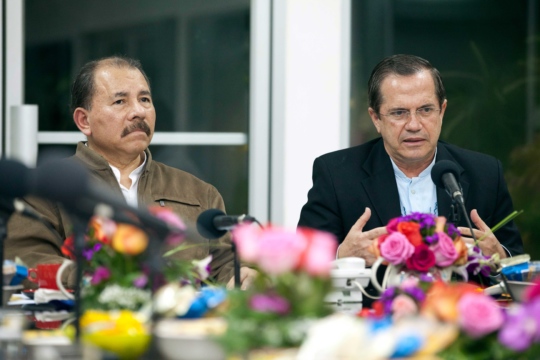
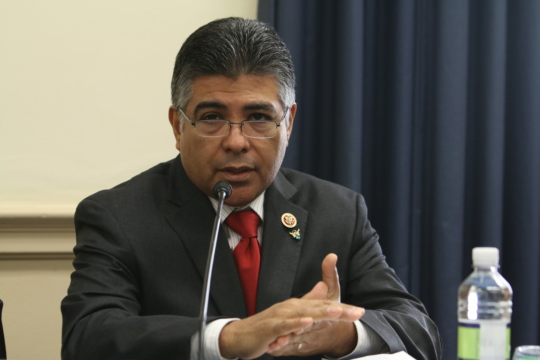
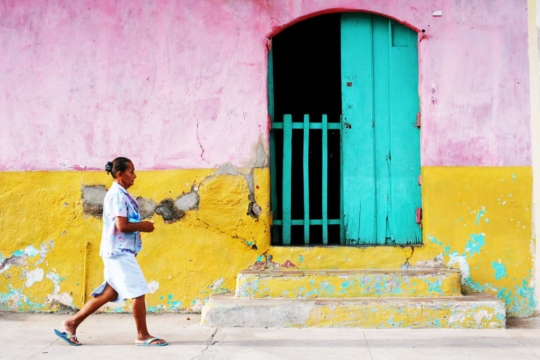
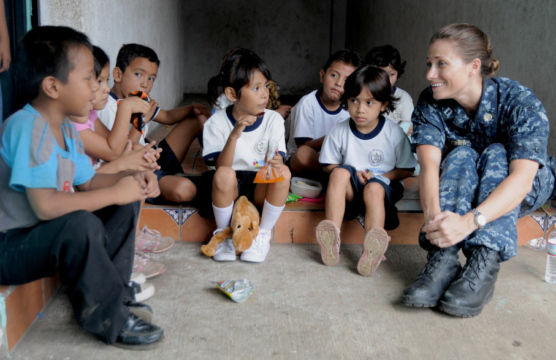
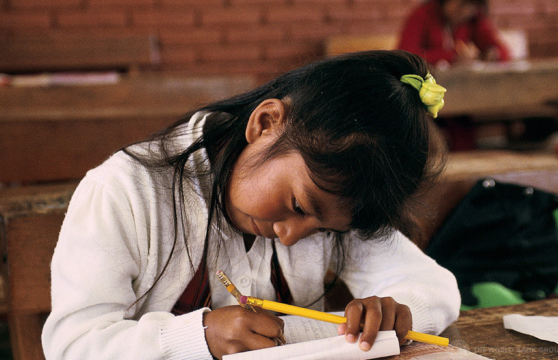 Video
Video